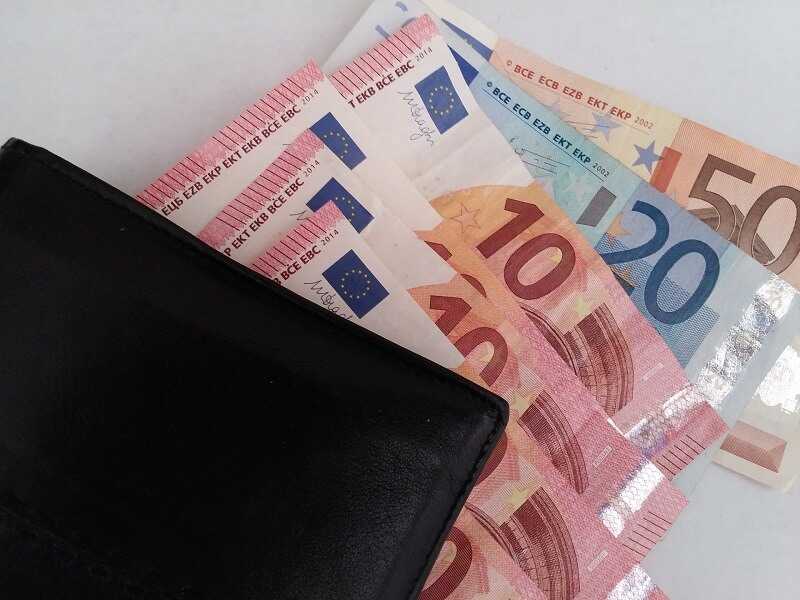 Forex trading commissions can eat up a big part of your Forex profit.
Forex trading commissions can eat up a big part of your Forex profit.
By Guy Avtalyon
What are Forex trading commissions? We want to share with you some little-known ways to save on commissions. Also, we will show you how to cover back your costs.
Well, in any business that you go into, you’ve got specific costs: rental cost, marketing cost, etc.
In the trading, commissions are the transaction costs. That means, we pay it to broker and that’s how the broker makes money.
How do brokers charge their Forex trading commissions?
There are 3 kinds of brokers, but let’s separate them into 2 main groups:
1 – market maker
These brokers charge a commission on the market bid/ask spread. Whatever the bid/ask spread is, they’ll quote you one or 2 pips higher.
For example: if the market is quoting at 1.2456 they will quote you at 1.2457. This extra pip goes to the broker so they can make money.
2 – ECN brokers
An ECN broker is a forex financial expert that uses electronic communications networks (ECNs) to give clients direct access to other participants in the currency market. They charge a fixed commission. The lowest commission we saw is $3,50 per lot.
That means, for every lot you trade, they will charge you $3,50 to buy and $3.50 to sell.
So, when you open and close a position, known as a round of the trip, the total commission you will pay is $7.
Let’s see what the bid/ask spread looks like for two sorts of brokers.
Assume you want to go long on one lot of EUR/USD. And you buy at 1.2456 and exit at 1.2476 making you 20 pips in profit:
20 pips x1 lot = $200
But there are commissions.
Let’s see how the different kind of brokers will charge you Forex trading commissions:
Market maker: They quote you 1.2457, which is 1 pip more, that will cost you $10 per lot. When you sell, they quote you 1.2475, which is 1 pip less, and that will cost you $10 per lot.
So we can see that the total cost of your round trip is $20 per lot. Out of your $200 profit, $20 goes to the transaction costs. That is 10% of your profit.
Your cost can be higher if they were marked up by more than one pip.
ECN broker: When you buy at 1.2456. They charge you a fixed commission of say, $3.50. When you sell, you sell at 1.2476 and again, you will pay $3.50. The total cost per lot is $7 off your round trip. It is also out of your $200 profit.
And, can you see the difference?
What else you need to know about Forex trading commissions?
First of all, how much commission you pay when you place a trade depends on the number of lots you trade or your position size.
Meaning, the bigger your position size, the bigger the number of lots you trade, and the higher the commission you pay for your trade.
So, let’s see, what defines the number of lots you trade or your position size?
Of course, it depends on how close your stop-loss is.
Do you know the formula?
Your stop-loss distance is the only point you can really manage on a trade-by-trade basis. The smaller your stop-loss distance, the bigger the number of lots you trade, and the more commission you pay. You can check this plays out using a Forex position sizing calculator, it’s easy to find online.
So, you’ll see, your account size is $5,000 and your risk is 3% per trade, and your stop-loss is 8 pips away. With the help of this calculator you know you’ll be trading 1.875 lots. and you know that you have to pay the commission of $7 per round trip.
The math shows:
$7×1.875 lots + $13,13 commission.
But what will happen if your stop-loss is 20 pips away?
The calculator shows that the number of lots you’ll trade is 0.75. Let’s calculate the commission:
$7×0.75 lots = $5.25 commission.
Should you go for a wide stop-loss?
That can be okay if you are a position or swing trader.
But if you have experience of a few weeks or a few months your stop-loss is further, for example, 30, 100, or 200 pips away.
When you got a wide stop-loss, the number of lots you trade will be less. On the other hand, the transaction cost takes up a smaller percentage of your profit.
The one thing is certain: As a trader, you have to pay the spread and your broker always earns it. To get the best contract possible, you have to choose a reputable broker. The one who has substantial relationships with the large foreign-exchange banks.
You will find in the end, the cheapest way to trade is with a very reputable market maker who can provide the liquidity you need to trade well.



Leave a Reply